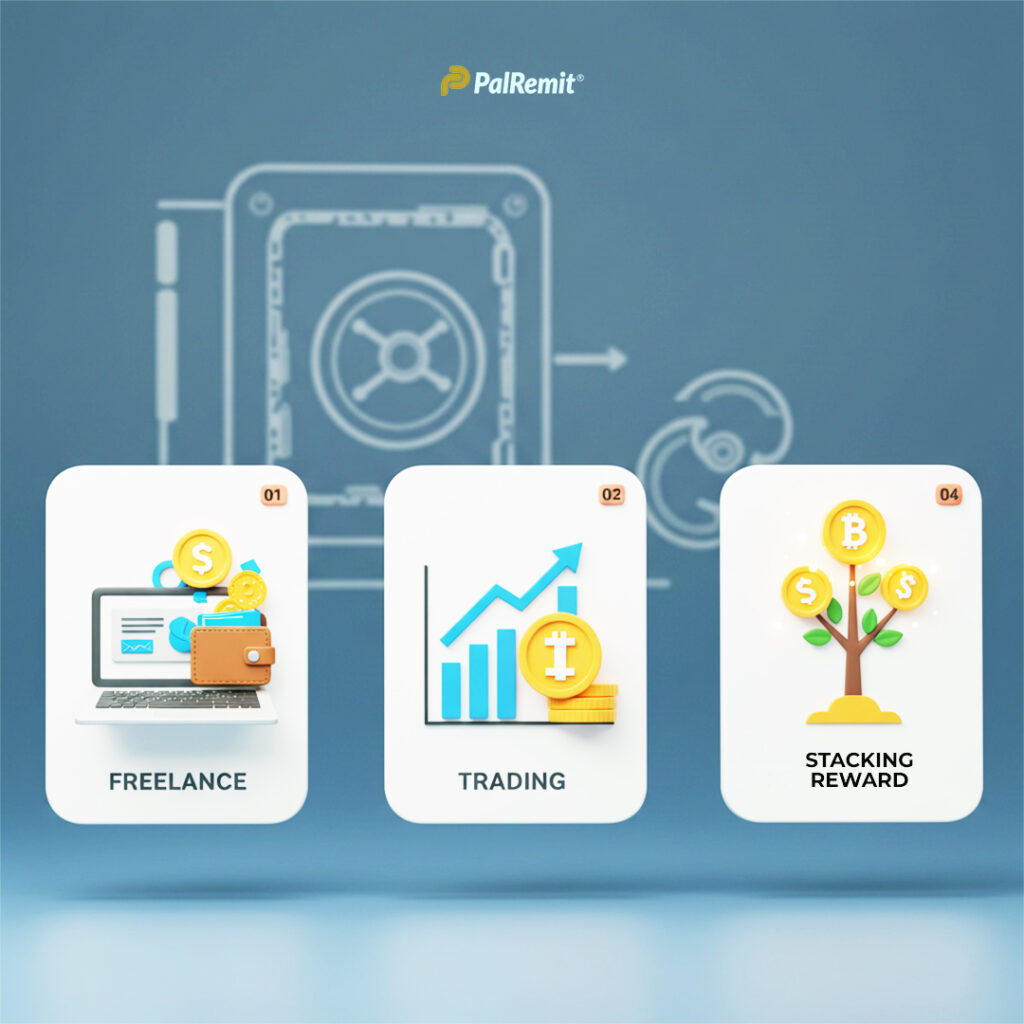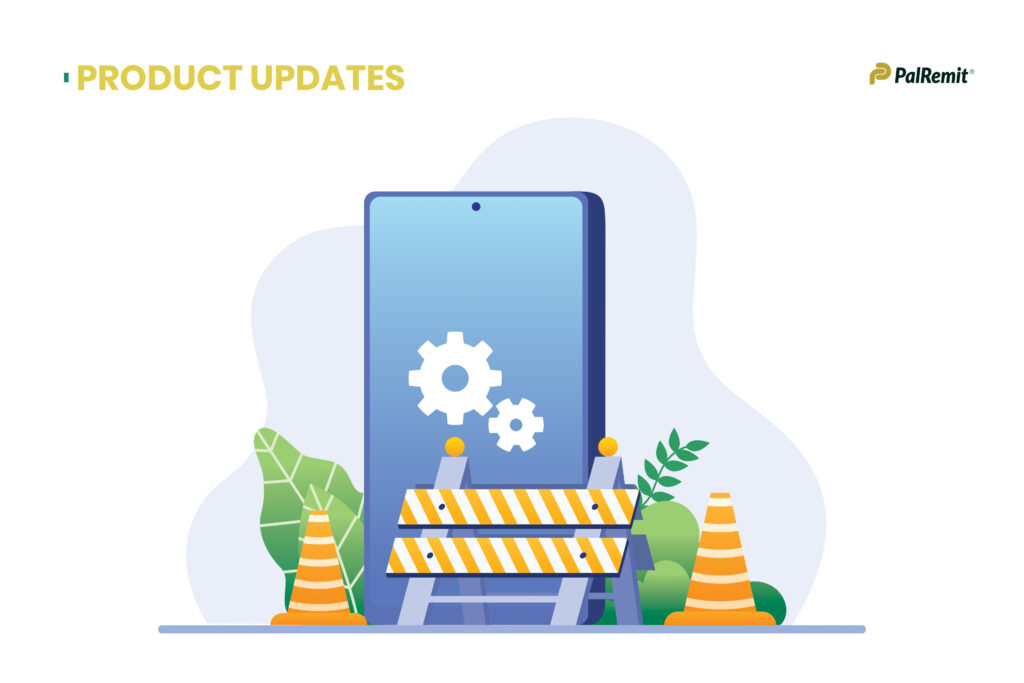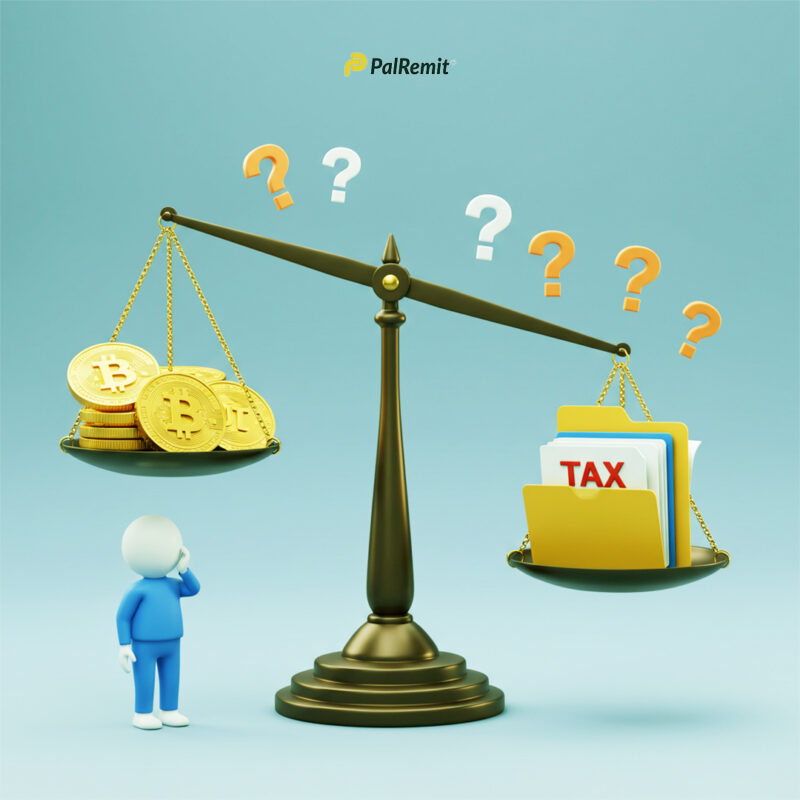Whether you are earning in USDT, trading BTC for profit, or withdrawing stablecoins to your local bank account, tax rules are catching up with crypto activity. Depending on where you live, some of those actions may be considered taxable events, even if the money comes in digitally.
This guide breaks down common types of crypto income and how tax authorities across the Global South are beginning to examine your crypto transactions. If you earn, trade, or withdraw crypto using Palremit, this is for you.
What Are the Current Crypto Tax Rules?
While crypto may not be fully regulated in most countries across emerging markets, taxation laws are catching up fast.
In Nigeria, for instance, the 2022 Finance Act officially classified digital assets as taxable under Capital Gains Tax (CGT). That means any profit from a crypto transaction, such as buying low and swapping high, could be taxed.
Even if banks are restricted from directly handling crypto in some countries, tax authorities are focused on where the money ends up. If your fiat earnings touches a local account or mobile wallet, it can become visible for scrutiny.
This trend is not unique to Nigeria. Similar tax conversations are happening in Kenya, South Africa, and Ghana, especially as crypto becomes a major income stream.
What Kinds of Crypto Income Can Be Taxed?
Let us break down the most common crypto scenarios:
- Freelance Payments
Getting paid in crypto for freelance or remote work? That is personal income and taxable. - Trading Profits
Buying USDT at a low rate and converting at a higher rate through Palremit? That is capital gain. - Staking/Yield Rewards
Earning crypto interest from DeFi platforms? That is passive income and potentially taxable.

If your crypto activity results in fiat deposits, those amounts can become subject to review. This is especially true if your transactions are consistent or large.
What Happens When You Swap Crypto on Palremit?
Palremit makes it easy to convert crypto to local currency, but once your stablecoins hit your wallet or bank account as cash, it can count as a taxable event.
Here is how to stay prepared:
- Track Your Swap History
Your Palremit wallet shows dates, rates, and volumes; this data matters. - Separate Personal and Business Transactions
Keeping freelance income and personal swaps in separate wallets makes it easier to report. - Keep Exchange Rate Records
Save screenshots or logs on the day you convert. You might need them for filings later. - Calculate Real Gains
If you bought crypto at $0.90 and cashed out at $1.20, that $0.30 gain is taxable in most systems.
Pro Tips for Staying Ahead
Use Tracking Tools
Platforms like Koinly, CoinTracker, or simple spreadsheets can help you track transactions and generate annual tax reports.
Plan Your Swaps
If the market is down, you may want to consider delaying conversion. If it is up, you can convert and record gains while tracking potential tax liabilities. Timing matters.
Need help organising your swaps? Your Palremit wallet lets you see all your crypto conversions in one place, by date, currency, and payout type.
Start swapping smart today.









